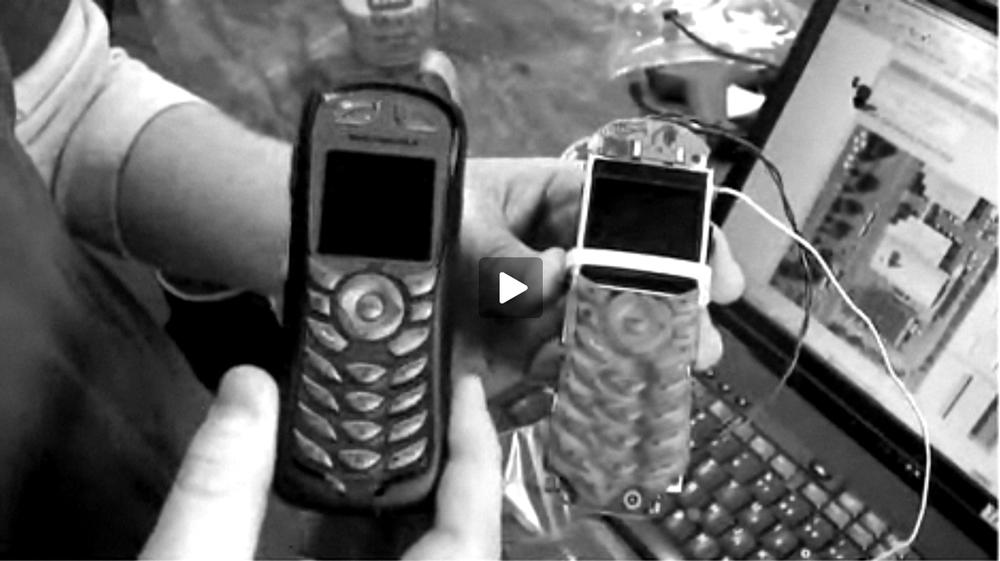Chapter 35. The Last Best Place to Attack: Your Mobile

It turns into a car if I have to make a quick getaway.
In a world where being connected at all times is almost imperative, it would seem logical that the president of the United States would want always-available access to the network. But advisors and security experts saw it as too risky—they couldn't guarantee that his messages wouldn't be intercepted. Not unfounded worries for such a public figure. Remember when socialite Paris Hilton's cell phone was hacked and her celebrity friends' phone numbers were exposed? I know, the horror! But it's easy to see how a president's phone may pose some worries.[350] President Obama was able to enter the Oval Office with a government-fortified BlackBerry on his hip, after promising to keep the messages on it strictly of a personal nature.
While mobility is extending the access of the network to far-flung reaches of the globe and opening doors for great swaths of the world's population, including a president or two, it is also creating possibilities for attackers and openings for exploitation by criminals and many others with less than admirable intentions. Attacks are no longer relegated to the wired network or the domain of traditional computers. Just as the wired networks are transitioning to an "all IP" environment, the ...
Get The Sustainable Network now with the O’Reilly learning platform.
O’Reilly members experience books, live events, courses curated by job role, and more from O’Reilly and nearly 200 top publishers.

